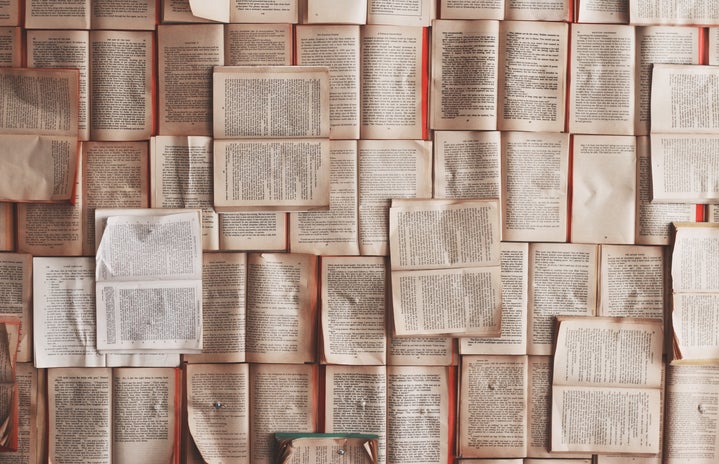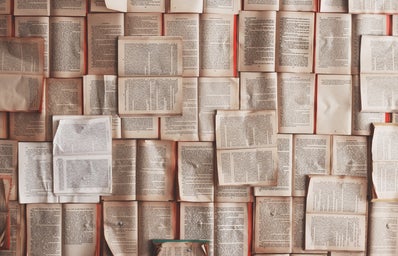Enemies to lovers, friends to lovers, best friend’s sibling, forced proximity, and fantasy quests; are just a handful of the tropes that have started to dominate modern literature. A trope is a recurring theme in a book and often assists the direction and outcome of the story. Tropes also tend to place a book in a specific genre – the ones mentioned above are most often placed in romance or new adult fiction. But it’s starting to feel like just about any book you pick up to read today will include one, if not more, of these book tropes. Books are starting to feel a little bit like copies of each other. The question I want to explore in regard to this is: are tropes ruining literature?
First, I have to point out that tropes are used as a sort of backbone to a book. They set a theme and framework that the author can build their story around. In essence, it’s almost a cheat code to book writing. The reason tropes are considered as this is because they work – they include storylines that, for some reason, people are really interested in. Tropes become popular (and perhaps overused) because of their success as a theme – which makes it understandable that more writers use that theme.
The funny thing is, I find that it’s the overpopularized nature of tropes that ruin them. Tropes have become increasingly more popular in books, especially due to ‘BookTok’ or ‘Bookstagram’, so it’s starting to become a near guarantee that tropes will be in most books. The problem I find with this is that the storylines of books become predictable. You know that the two people who “despise” each other are going to end up together – it’s just a matter of how, and which other tropes (I’m looking at you ‘forced proximity’) are going to come into play. So, there’s even predictability in which other tropes are going to be paired with each other – simply because we’ve seen it too often. For me, the unfolding of the storyline and its mystery is what makes or breaks a book, so tropes tend to take that unknowingness away from books. I’m prone to not finishing books if I feel like I know where it’s going to go, so you can imagine how many (very popular, and widely recommended) books I’ve either not started or not finished because there’s nothing more to it than following a trope. But does this mean it’s bad literature? Or that literature as a whole is becoming bad?
I think these are difficult questions to answer for several reasons. I think for the most part it depends on the reader and their inner critic. If you’re in for a light, easy, predictable read, then books that follow popular tropes probably aren’t bad literature to you. If you’re someone who loves a good trope and looks for these in literature, then I’m sure you don’t find that tropes ruin literature – instead, to you, they’re probably what makes the literature good. But, if you’re someone who’s looking for a little more depth to reading, then there’s a high probability that you think tropes are contributing to bad literature, and possibly ruining literature – because of the mass production of books with tropes. There seems to be an idea that these types of books are quickly and easily written for the purpose of selling them widely. There’s also perhaps a bit of an argument for trope-specific books being bad literature because it’s often suggested that it’s less creative to follow a trope. Ultimately, and maybe a bit of a cop-out of an answer, I think we should let people read and write whatever they want, without passing too much judgement – be critical of the work if you’d like, but don’t completely discredit an author’s work, or discredit someone as a ‘reader’ because they read lighter, trope-specific books.


